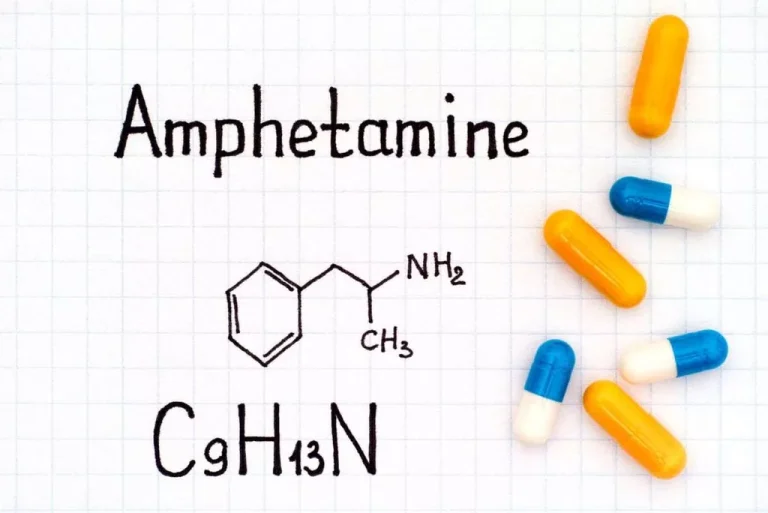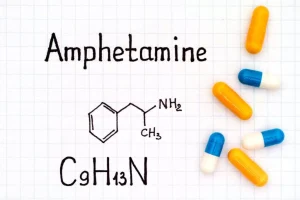Sober living
The Myth of Moderate Drinking and the New Rules on Booze

By utilizing these resources and maintaining a strong support network, individuals can confidently navigate the challenges of recovery and enjoy a fulfilling, sober life. With the right support and strategies in place, individuals can confidently participate in social events without compromising their sobriety and can stay sober even without AA, for example. By addressing emotional triggers head-on, recovering alcoholics can reduce the likelihood of relapse and =https://ecosoberhouse.com/ maintain their commitment to a sober life. Attempting to drink alcohol after achieving sobriety can be a dangerous path. When recovering alcoholic starts drinking again, they may struggle to limit themselves to just a few drinks, putting their continuous sobriety and well-being at risk.

Written by Thrivalist Sobriety
While achieving moderation is possible, the reality is that most recovering alcoholics will choose the abstinence route. Staying away from alcohol entirely is one alcoholism symptoms of the best ways to prevent a relapse. Maintaining abstinence and focusing on building relapse prevention skills are vital strategies to sustain long-term sobriety. This individual enjoys the effect produced by alcohol – just as the alcoholic does.

The Link Between Addiction, Mental Illness, and Fame
It’s important to note, too, that not everyone considering these approaches has an alcohol use disorder (AUD). If you view yourself as someone who would like to cut back on how many drinks you have a week, then moderation may be best suited for you. However, if you find yourself struggling with regulating how much alcohol you drink in a day or week, an abstinence-based approach may be necessary for changing your drinking habits. Abstinence has few disadvantages because alcohol is toxic to our body and avoiding it only does us good. However, when we abstain from alcohol suddenly or without proper support, we can encounter negative effects. Quitting alcohol cold turkey can be dangerous, especially after an extended period of heavy drinking or alcohol dependence.
What is Dialectical Behavior Therapy?
You can contact a caring admissions navigator with American Addiction Centers (AAC) free at at any time, day or night, to learn more about alcohol misuse and rehab. Simply put, those who want to learn to drink in moderation are less likely to achieve their goal, while those who set a goal of quitting drinking entirely see greater success. An “alcoholic” — the colloquial term for someone with alcohol use disorder (AUD) — is defined as a person who is unable to quit or cut back on alcohol despite negative consequences.

A permanent commitment to abstinence means we no longer have to fight a battle with moderation; but rather devote ourselves to sobriety permanently. Ours is a “no excuses” program, we are responsible for our decisions and behaviors; we have a choice. There is a feeling of freedom that results from this commitment where one does not feel hopeless or without choices. Combined with a consistent and aggressive disputing of urges to use, most find their messages to use either decrease to nothing or become infrequent and easily handled. It may not be easy to see now, but your life can be restored to where you are in control, your addiction and the urges will recede to an unpleasant memory.
- Embarking on the journey to sobriety is an incredible accomplishment, but maintaining long-term recovery can be challenging.
- For those seeking addiction treatment for themselves or a loved one, all phone calls are confidential and are available for 24/7 help.
- Many individuals with an alcohol use disorder that wish to change their drinking, however, have a goal of moderation – sometimes referred to as “harm reduction” – rather than complete abstinence.
- It can be easy to underestimate the amount of alcohol we actually drink.
Mental health issues are on the rise worldwide
When we eliminate alcohol completely, we may alcohol abstinence vs moderation experience alcohol withdrawal, which in some cases can be life-threatening. There is no “one size fits all” approach to changing your relationship with alcohol, and all pathways are unique. One person may start out with a moderation goal and later decide that a sober lifestyle more closely supports their aspirations and wellness. Another individual may pursue sobriety and later decide that they want to try to drink in moderation once they’ve clarified their boundaries.

One of the best ways is to remember why you are making the commitment. The consequences of using should be remembered, not with a guilty conscience, but in a realistic portrayal of why you have chosen sobriety. Also to be remembered are the experiences and feelings that come from abstinence. This word “abstinence” can be an intimidating word to many, especially those in the early stages of recovery. Your whole body may convulse saying, “I’ll do anything, just don’t ask me or tell me that I have to stop forever.” This is normal.

Ask yourself what were the excuses you gave yourself to use and dispute them. If you do slip, the outcome does not have to be an experience without worth, it can be a powerful learning experience. Forgive yourself, learn from it and remember that a commitment applies to what we plan for the future. Abstinence may not be a realistic solution with some addictions, such as eating and in some cases sexual addictions. Even in these instances commitment to moderation is an important factor for success. If you are struggling with some of the following signs above, be sure to contact your physician or seek help at a substance abuse treatment facility.
Ultra-High Net Worth: Addiction and Risk to Reputation
They’re able to enjoy an occasional drink while still avoiding negative drinking behaviors and consequences. For a recovering alcoholic, having just one drink can be the catalyst for a full-blown relapse. Alcohol alters brain chemistry, reduces inhibitions, and blurs judgment, potentially weakening willpower and leading to alcohol dependence. This slippery slope can make it extremely difficult for individuals to maintain control over their drinking habits, even if they initially intended to practice casual drinking. Abstinence from alcohol has been proven to be the most effective way to maintain sobriety, especially for recovering alcoholics.
- Top 10 On line Roulette Sites 2025 Better A real income Gambling play super diamond deluxe real money enterprises
- Какова роль символизирует символ Wild в слотах в онлайн казино с бонусные предложения?
- Best Real time Online europe fortune casino login app casinos March 2025 Live People CC
- Jusquà 10 000 Fois La Mise
- Nhl Research
